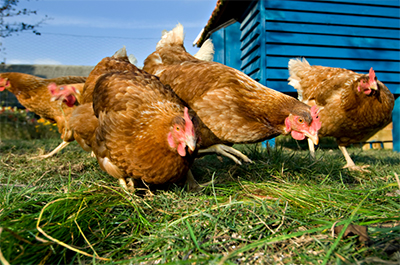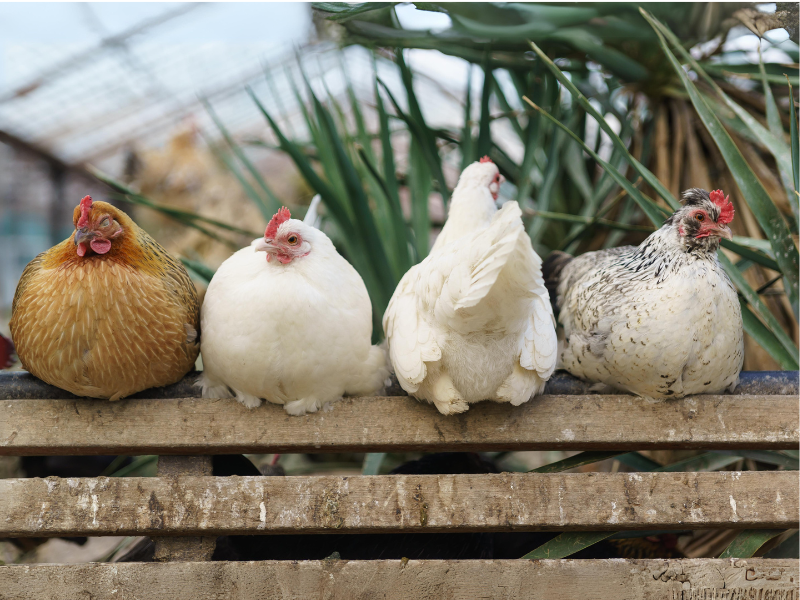Raising chickens can be incredibly rewarding. Beyond providing fresh eggs, it’s a great way to teach children about responsibility and work toward self-sufficiency. However, beginners often make mistakes. Read on to learn from common errors, and share your own advice in the comments.
1. Building Your Henhouse on the Ground
While it might seem easier to build your henhouse directly on the ground, this can expose your chickens to predators like foxes. Underground holes can also allow intruders in. Instead, construct a raised coop with removable or swing-away floors for easier cleaning.
For detailed coop designs, check out this guide on chicken coops.

2. Choosing the Wrong Materials
Using rough, recycled lumber for your coop may seem cost-effective, but it’s harder to clean, paint, or whitewash. Opt for smooth materials that are easier to maintain and sanitize.
3. Lack of Outside Access
Walking into a chicken coop to collect eggs can lead to tracking dirt or disturbing chickens. Instead, build outside access boxes, allowing you to collect eggs without entering the coop, keeping the chickens calm and your shoes clean.
4. Inadequate Food and Treat Planning
Chickens thrive on a well-planned diet. Stock up on poultry feed, and increase protein intake during colder months. Chickens also enjoy treats like worms, pomegranate seeds, and cherry tomatoes. When laying begins, supplement with calcium-rich foods like oyster shells.
5. Insufficient Heating
In cold climates, maintain warmth in the coop with a 250-watt bulb. Ensure the lamp is positioned safely to avoid overheating or fire hazards. Collect eggs frequently during winter to prevent freezing.
6. Ignoring Local Laws
Before building a coop or buying chickens, check local ordinances to ensure backyard chickens are allowed. Save time and effort by understanding legal requirements upfront.
7. Using Buckets for Water
While buckets may seem practical, chickens often jump on them, causing spills. Use hanging waterers, which prevent tipping and ensure clean, accessible water for your flock.
8. Improper Rooster-to-Hen Ratio
Maintain a ratio of one rooster for every 12 hens. Too many roosters can lead to aggression and over-mating, resulting in stressed hens and reduced egg production.
9. Failing to Count Your Chickens
Each night, count your chickens to ensure all are safely inside the coop. Some may build rogue nests in bushes, leaving them vulnerable to predators. Regular headcounts keep your flock safe.
Explore long-lasting chicken options for emergencies.
10. Not Planning for Passing Pets
Free-range chickens are great, but urban homesteaders must consider neighborhood pets, especially dogs. Install secure fencing to protect your flock from passing animals.















